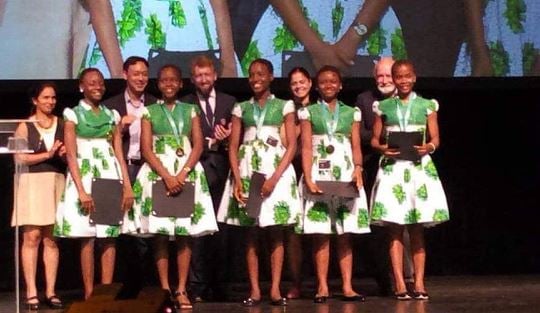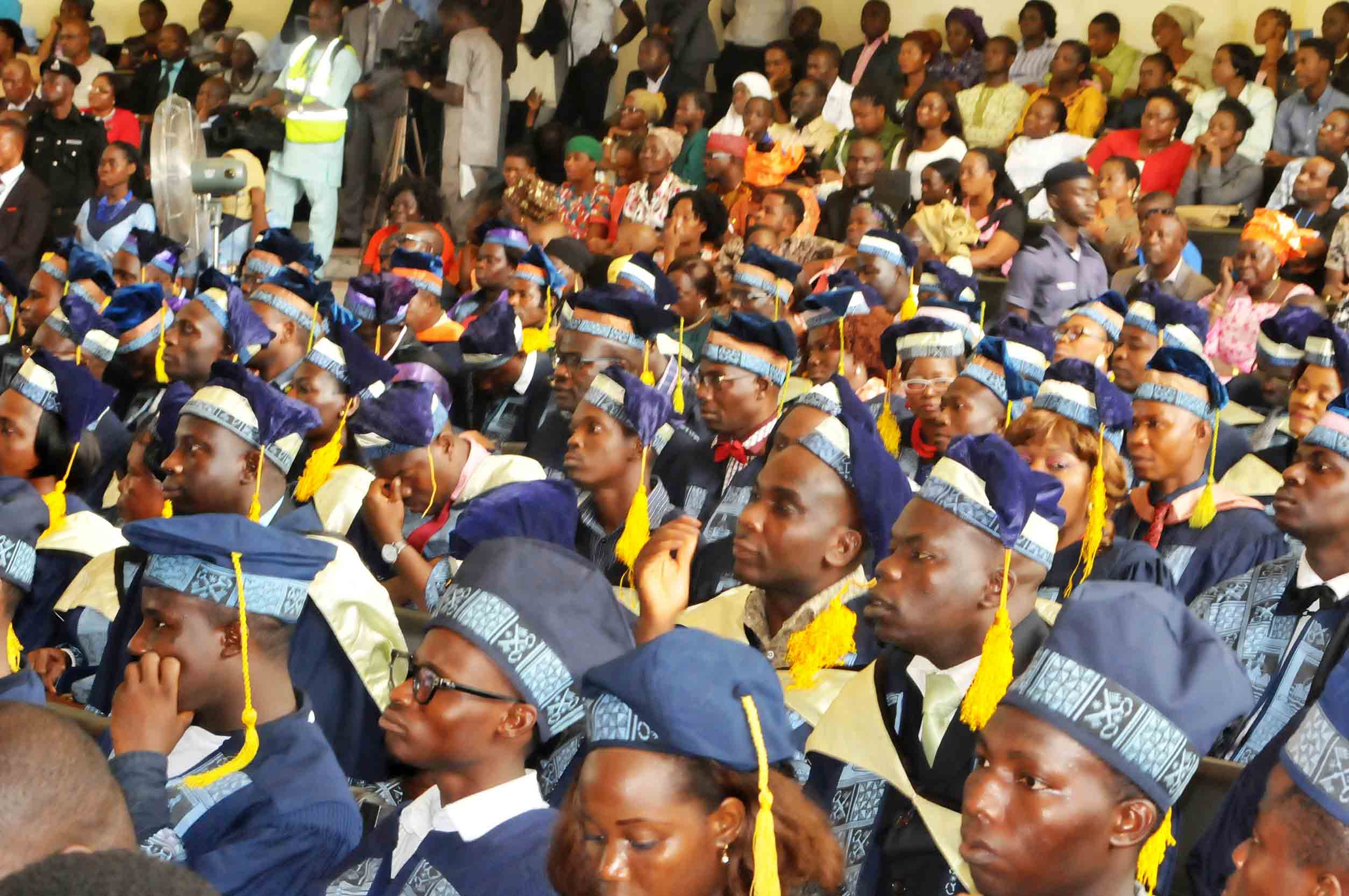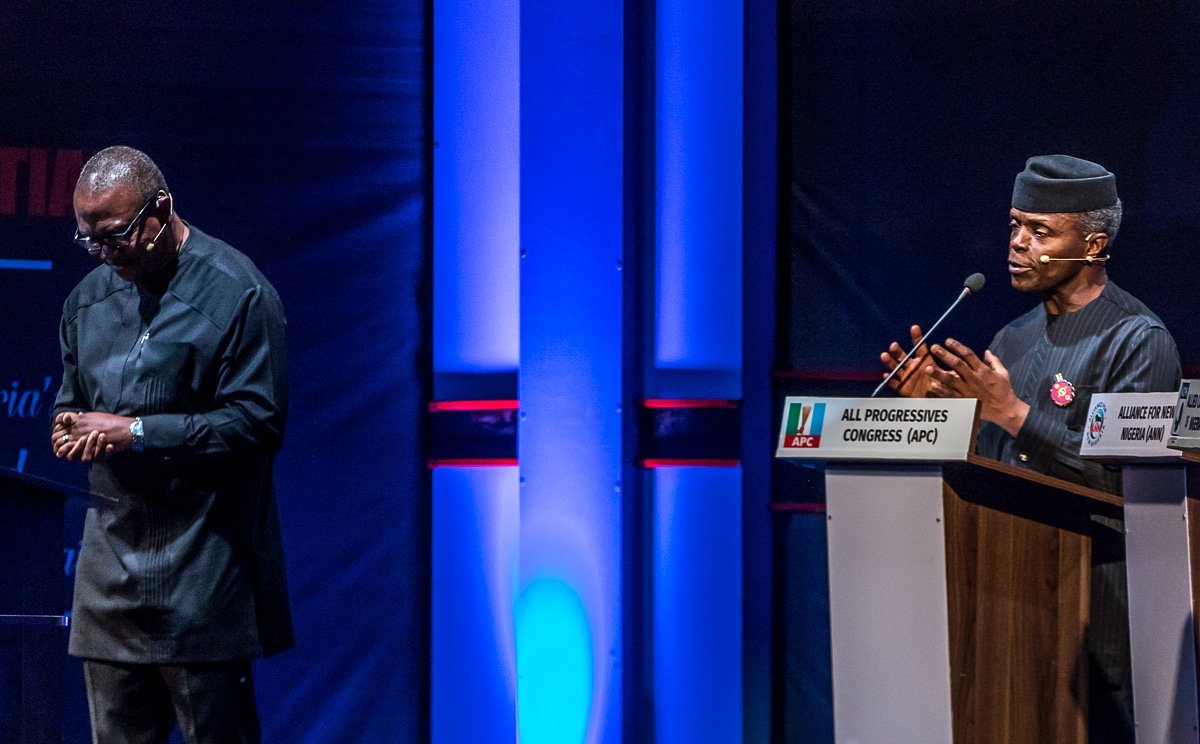BY EMEKA UMEJEI
The plight of the girl-child is well-documented across the world. The possibility that a girl-child would face sexual and gender-based violence or married off before the age of eighteen is not isolated. The United Nations Children Education Fund (UNICEF) defines child marriage as a ‘fundamental violation of human rights’ which “compromises a girl’s development by resulting in early pregnancy and social isolation, interrupting her schooling, limiting her opportunities for career and vocational advancement and placing her at increased risk of domestic violence”. In addition, violence against children takes many forms, including physical, sexual, and emotional abuse, and may involve neglect or deprivation.
According to Girls Not Brides, more than 700 million women alive today were married as children. Of this number, a staggering 17% of them, or 125 million, live in Africa. It is also estimated that 39% of girls in sub- Saharan are married off as children. While the cases of child marriage have declined on the African continent, it is still widespread in West and Central Africa, where four out of 10 young women are married before reaching the age of 18.
Additionally, the UNICEF estimates that 15 million adolescent girls (aged 15 to 19) worldwide have experienced sexual violence at some point in their life. According to UNICEF country data, the percentage of girls aged 15 to 19 years, who have experienced forced sex in some countries in sub-Saharan Africa include Nigeria 6%; Cameroun 23%; Sierra Leone 8%; Tanzania 11%; Kenya 7%; Cote d’Voire 5%; Liberia 13%; Rwanda 15% and Uganda 19% etc.
Advertisement
These figures paint a grim picture of the plight of the girl-child in Africa. The UN emphasises that the “protection of children from all forms of violence is a fundamental right guaranteed by the Convention on the Rights of the Child and other international human rights treaties and standards”. In this regard, many policy documents and working papers have been formulated on how to put an end to sexual and gender-based violence against the girl-child in Africa (VAWG). One of the targets of the Sustainable Development Goals (SDG) is to end child marriage by 2030 but whether this is achievable in Africa remains debatable considering that the menace has remained recalcitrant on the continent. According to UNICEF 2018 data, of the most recently married child brides, close to 1 in 3 are now in sub-Saharan Africa, compared to 1 in 5 a decade ago.
This is a worrisome signal for the African continent. What this suggests is that Africa is in need of a Pan-African agenda for the empowerment of the girl-child. This is why the launch of Hands Off Our Girls 2019-2022 is considered timely. First Ladies from across the African continent will converge on Freetown, Sierra Leone between 14 and 15 December 2018 for the launch of the HandsOffOurGirls strategic plan, an agenda-setting framework for the empowerment of the girl child.
The convener of HandsOffOurGirls campaign and the First Lady of the Republic of Sierra Leone, Her Excellency Fatima Maada Bio described the project as an African agenda to set the girl free from the bondage of rape, molestation, early pregnancy. Fatima Maada Bio explained that the launch of the HandsOffOurGirls campaign is focused on addressing the many issues affecting the girl-child such as teenage pregnancy, child trafficking and prostitution, child marriage and sexual-based violence. “The First Ladies will analyse the effectiveness of present programmes and proffer new programmes that will help eliminate negative practices which greatly affect children and teenage girls, not only in Sierra Leone but in Africa as a whole,” said Maada Bio.
Advertisement
To understand the importance of HandsOffOurGirls campaign, it is important to put into context the plight of the girl-child in sub-Saharan Africa. The girl-child is disadvantaged politically, economically, socially and otherwise. According to Girls Not Brides, 18 of the top 20 countries with the highest rates of child marriage in the world are in Africa. In addition, it forecasts that sub-Saharan Africa will be the region with the highest numbers of “child brides in the future unless progress is accelerated”.
These projections have dire consequences for the social and economic well-being of countries in sub-Saharan Africa. This is because child marriage denies girls their right to education and puts girls at risk of sexual, physical and psychological violence that can have life-threatening health consequences. Hence, as Girls Not Brides emphasised, if “governments in Africa fail to address child marriage, they will fail in their commitment to achieving the Sustainable Development Goals by 2030”.
While the UN, the African Union, and other multilateral agencies have led several initiatives to stem the tide of sexual and gender-based violence in Africa, much is not known about Pan-African efforts. Hence, the launch of HandsOffOurGirls campaign in Freetown, Sierra Leone is laudable.
Arguably, it is the first time that First Ladies from across the African continent will come together to fight a common cause especially as it concerns the girl-child. The campaign will also mark the beginning of a Pan-African effort aimed at mainstreaming the plight of the girl-child into policymaking and governance. The HandsOffOurGirls campaign is important in many senses, particularly when measured against the patriarchal nature of sub-Saharan Africa.
Advertisement
This is the time for African Ladies to declare to Africa and the world-at-large that the African continent will no longer be a safe haven for perpetrators of sexual and gender-based violence. Additionally, it is anticipated that the launch of the HandsOffOurGirls campaign will result in a Pan-African coalition to empower the girl-child and send a clear warning signal to those, who derive pleasure in sexual and gender-based violence that they cannot continue to thrive in Africa.
Emeka Umejei, PhD writes from Johannesburg, South Africa.
Views expressed by contributors are strictly personal and not of TheCable.
Add a comment






